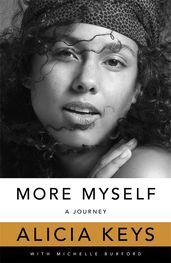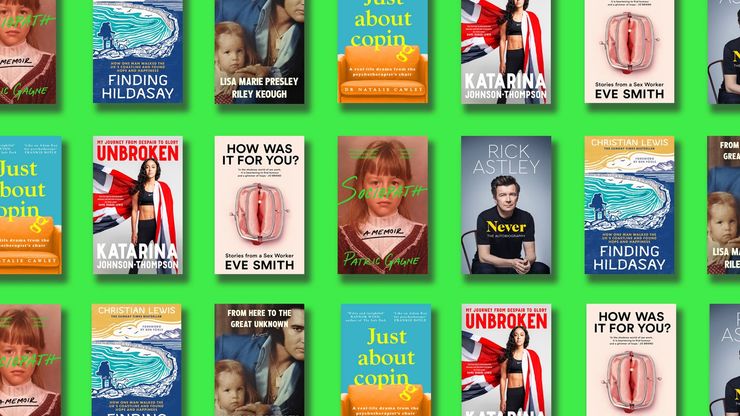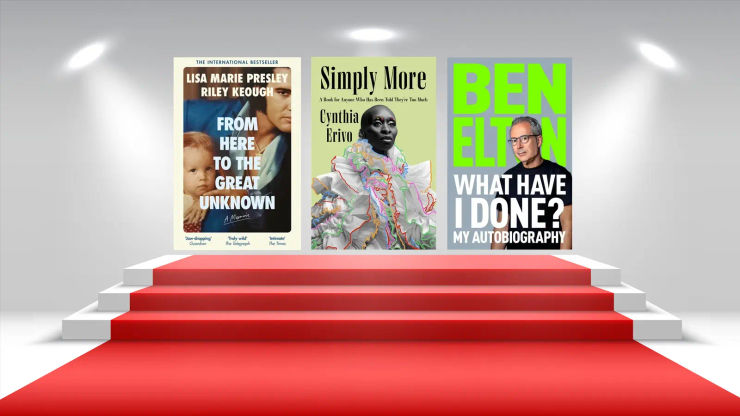Synopsis
In her intimate memoir, More Myself, Alicia Keys shares her quest for truth: about herself, her past, and her shift from sacrificing her spirit to celebrating her worth.
One of the most celebrated musicians of our time, Alicia Keys has enraptured the nation with her heartfelt lyrics, extraordinary vocal range, and soul-stirring piano compositions. Yet away from the spotlight, Alicia has grappled with private heartache over the challenging and complex relationship with her father, the people-pleasing nature that characterized her early career, the loss of privacy surrounding her romantic relationships, and the oppressive expectations of female perfection.
Since her rise to fame, Alicia’s public persona has belied a deep personal truth: she has spent years not fully recognizing or honoring her own worth. After withholding parts of herself for so long, she is at last exploring the questions that live at the heart of her story: Who am I, really? And once I discover that truth, how can I become brave enough to embrace it?
More Myself is part autobiography, part narrative documentary. Alicia’s journey is revealed not only through her own candid recounting, but also through vivid recollections from those who have walked alongside her. The result is a 360-degree perspective on Alicia’s path: from her girlhood in Hell’s Kitchen and Harlem, to the process of self-discovery she’s still navigating.
With the raw honesty that epitomizes Alicia’s artistry, More Myself is at once a riveting account and a clarion call to readers: to define themselves in a world that rarely encourages a true and unique identity.


